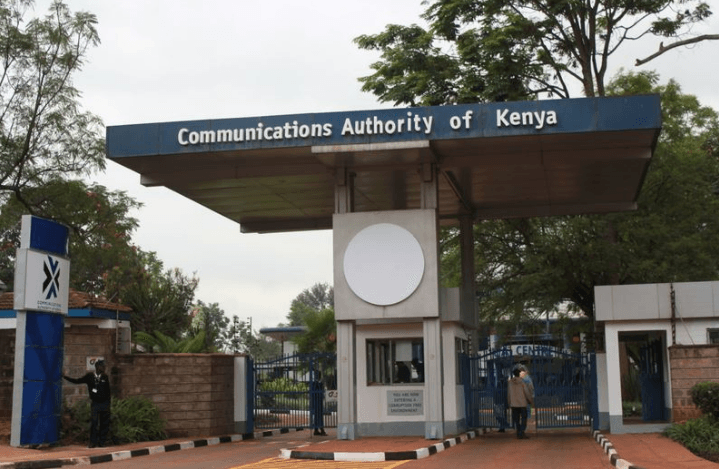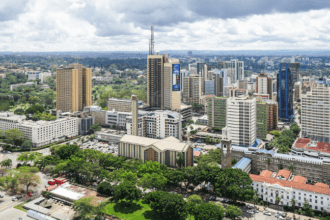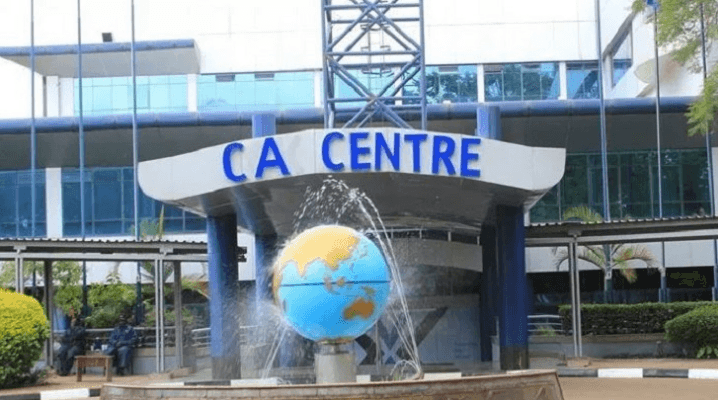
The Communications Authority of Kenya (CA) has announced that it will revoke the broadcasting licences of 42 television stations within seven days, citing violations of regulatory requirements under the Kenya Information and Communications Act (Cap. 411).
The revocations were published via a gazette notice on 12 September 2025, by CA Director‑General David Mugonyi. Once the licences are revoked, the TV stations will no longer be authorised to operate or provide broadcasting services.
Any resources under their licences (e.g. frequencies, spectrum, broadcasting capacity) will revert to the Communications Authority upon revocation.
Why It’s Happening
The CA states that the revocations are for regulatory non‑compliance. Specific breaches are not detailed in all reports, but earlier similar actions by CA have been due to:
- Violation of licence conditions under the Kenya Information and Communications Act (Cap. 411).
- Non‑payment of licence fees. (Implied in such non‑compliance cases.)
- Failure to meet standards or obligations pertaining to infrastructure or content.
- Possibly broadcasting content in breach of regulations (though exact content infringements in this case are not yet publicly clarified in full detail).
Historical Context
This move is not unprecedented as the same thing happened in 2024 where CA revoked 75 licences of various broadcasters (TV, FM radio, etc.) for non‑compliance and voluntary terminations.
Earlier, CA shut down over 58 television stations in one sweep, also citing failure to meet regulatory requirements. Thus, this current revocation is part of an ongoing enforcement effort by CA to tighten compliance in Kenya’s broadcasting sector.
Implications
For the Affected Broadcasters;
- Operations will be halted: Once the revocation takes effect, the named TV stations cannot legally broadcast.
- Loss of investment: Equipment, content, staff, viewer base—all these are likely to suffer losses.
- Resources revert: Infrastructure or spectrum rights revert to the regulator. Broadcasters lose any claim.
For the Media Landscape
Reduced diversity: Many of the affected are smaller, possibly religious, community, niche or regional broadcasters. Their removal may reduce the variety of voices and content available.
Market squeeze: Larger, established broadcasters may benefit from decreased competition.
For Viewers
Disruption: Audiences that depend on local stations may lose access to their preferred content.
Trust & accountability: Viewers will be watching how fairly and transparently CA applies its rules—are notices clear? Is due process observed?
Legal & Regulatory Questions
Due process: Are the broadcasters given prior warnings? Are they given time to correct violations? How transparent is CA about the nature of breaches?
Appeal mechanisms: Whether affected stations can appeal the decisions, or petition for reinstatement.
Clarity of regulation: Whether the regulation is fairly applied; whether there is room for unwritten or uneven enforcement.
Political and Freedom of Press Concerns
These large‑scale revocations may raise concerns about media freedom. If the regulatory actions are seen as heavy‑handed or politically motivated, this can spark debate and criticism.
Observers may watch whether certain views or political alignments are disproportionately affected.
What to Watch
Clarifications by CA: We expect CA to publish more detailed reasons per station, possibly listing specific violations.
Reactions by stations: Some may challenge the revocations, seek legal remedy, or negotiate terms.
Public and civil society responses: Media rights groups, advocacy organisations may respond, either supporting regulatory compliance or defending media freedom.
Precedent: How this enforcement shapes future licensing — stations may take compliance more seriously or invest more in meeting standards.
Conclusion
The revocation of licences for 42 TV stations by the Communications Authority is a major shakeup in Kenya’s broadcasting sector. While regulatory compliance is important for maintaining standards, transparency, fairness and due process will be essential for public trust. The affected broadcasters face serious losses, viewers risk disruption of service, and the broader media landscape will feel the effects. Only time will tell whether this move will lead to stronger compliance and healthier media regulation — or whether it sparks significant pushback or unintended consequences





